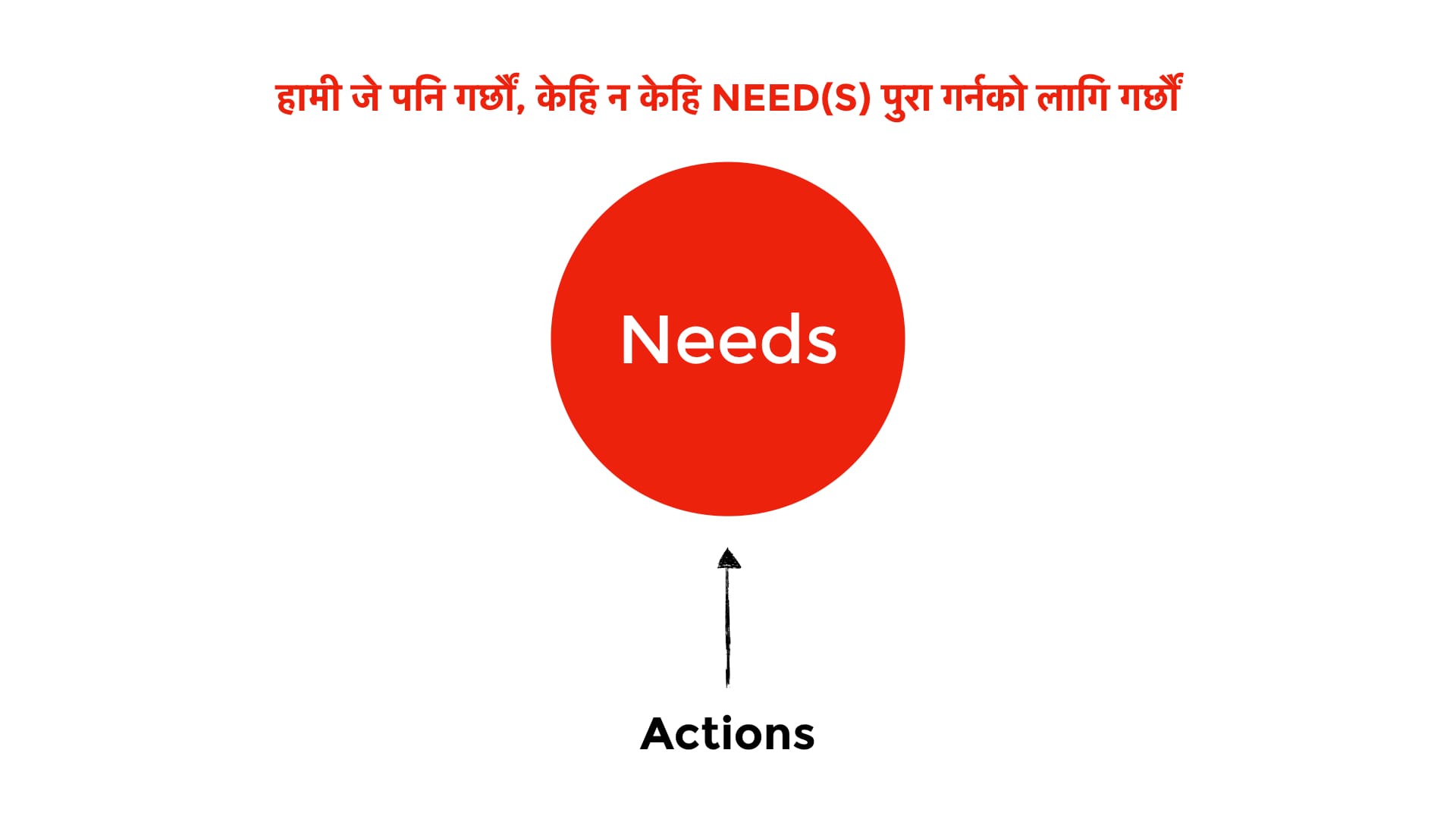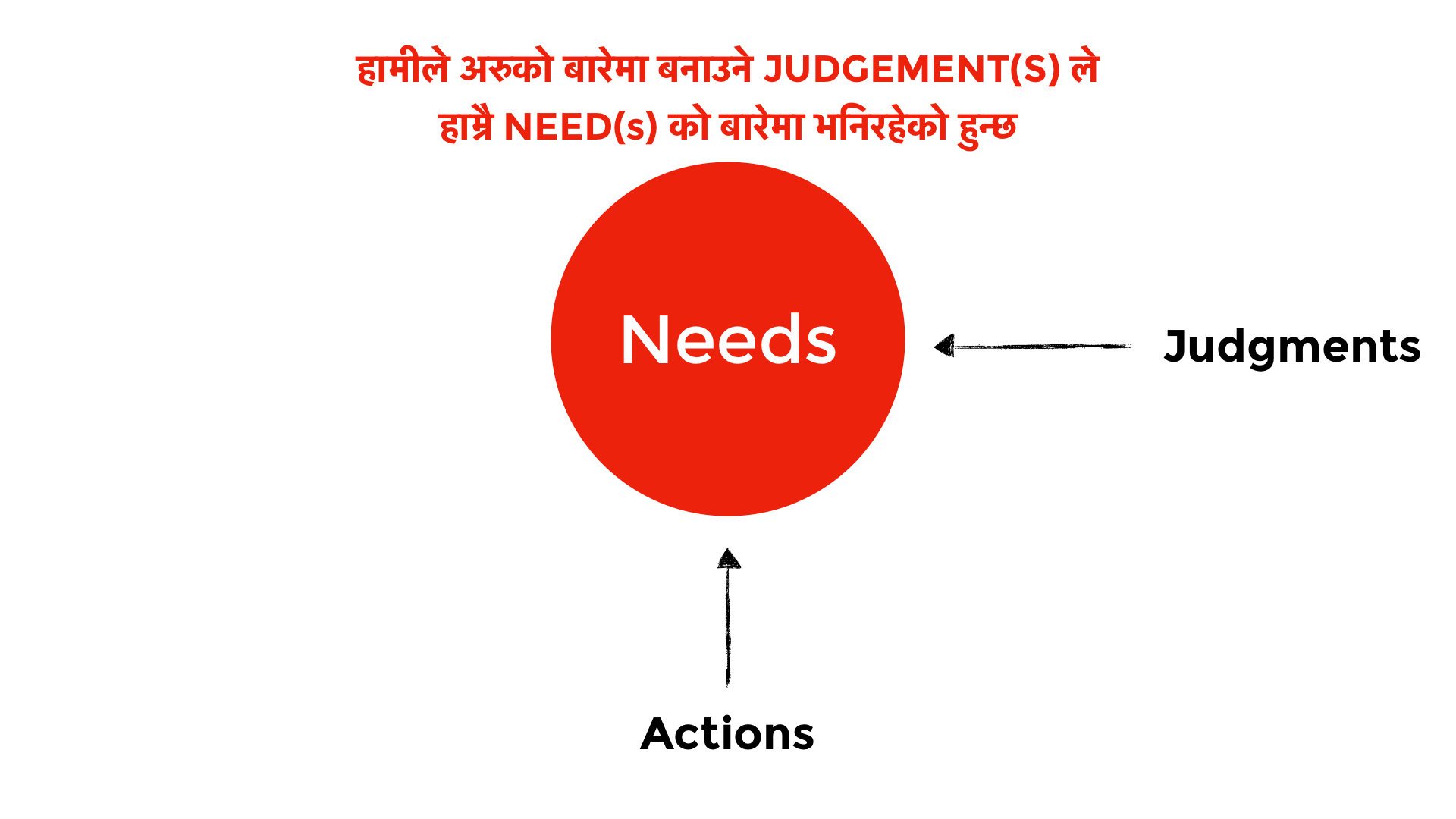A client I was handling called my supervisor and said I was ‘harsh’ with her. She was reacting emotionally but I wanted to use my Emotional Intelligence to respond.
What the situation was
I was in charge of facilitating a session at an organization. As per our organization policy, we had to have a signed agreement in place before I could go ahead with the sessions. Despite repeated follow-ups over emails, I didn’t hear back. There was only one day to go before the session day. I sent a reminder about the agreement, reiterating that I couldn’t go ahead with the sessions if it wasn’t signed and sent back on the same day. Instead of replying to me, she phoned my supervisor and said I was ‘harsh’ to her.
What reacting would have looked like
If I’d taken this comment personally, I might have reacted based on what we at My Emotions Matter call the “ABCDs”—a conditioned set of responses we can unconsciously fall into. ‘A’ for Assumptions: I might assume the director wanted to get me in trouble with my supervisor. ‘B’ for Blame: I could fault her as being “unfair” or “unprofessional.” ‘C’ for not Communicating: I might have responded in a passive-aggressive way or withdrawn, neither of which would help. ‘D’ for Demand: I could insist that she come and apologize first. If this continued, I’d be stuck- feeling stressed, experiencing a breakdown of communication and escalation of conflict.
Responding By Connecting with Needs Through Actions
The ABCDs might have given me short-term satisfaction, but kept me stuck and steered me away from my goal. Because I was connected with what mattered most to me in the situation- collaboration and communication, I chose to act accordingly. Therefore, I made the effort to see her in person to clarify why the signed copy was important in the process.
Awareness of my needs also helped me see her actions in a different light. Although her actions such as not sending the reworked schedule, replying to my emails via calls, not responding to my email requesting for service agreement, and calling my supervisor impacted me negatively, I now saw them as actions stemming from her needs for ease, convenience and respect.

Responding by Connecting with Needs Through Judgments
Hearing her judgment of me as “harsh” triggered judgments of my own. “Really? Am I the one being harsh here, or is she being ‘unfair,’ ‘unprofessional,’ and ‘childish’?” In working through these judgments, I recognized they pointed to my own needs: judging her as “unfair” made me realize I wanted fairness in our collaboration; labeling her as “unprofessional” showed that professionalism mattered to me; seeing her as “childish” reflected that I valued people showing emotional maturity.
Her judgment of me also reflected her needs. Calling me ‘harsh’ meant she wanted respect and consideration, especially with her explaining to my supervisor that no colleagues were available to help her send the signed agreement that day, which created urgency.

Responding by Connecting with Needs Through Feelings
I felt frustrated at being perceived as difficult when all I was doing was to keep things on track. I felt thankful that I could talk to my supervisor and be empathized with. His support eased the tension and helped the director see that my actions weren’t intended to cause stress. After that initial frustration, I also felt focused and determined in growing from this experience and working to ensure the continued collaboration between the two institutions in a fair, empathetic and professional manner—needs that matter deeply to me.
Empathizing with my own feelings also helped me empathize with hers- she may have felt surprised or pressured by my follow-ups because she needed empathy and consideration from me as well.

What Happened Eventually?
After the sessions, I met with her in person to address the misunderstanding. It wasn’t an easy conversation, but I felt it was necessary to maintain mutual understanding. While she didn’t fully acknowledge her actions, she appreciated that I took the time to listen, and we were able to move forward amicably. I don’t think this would have happened if I didn’t have the Emotional Intelligence to connect my feelings, judgments and actions with what mattered to me.